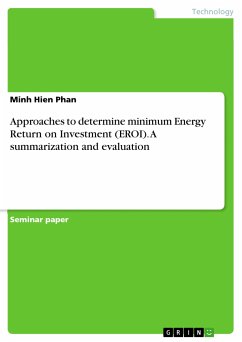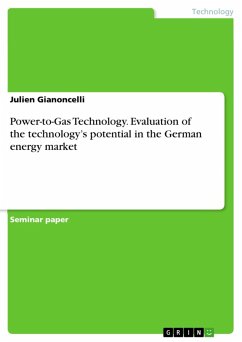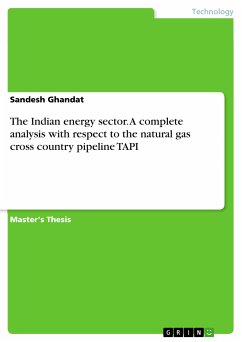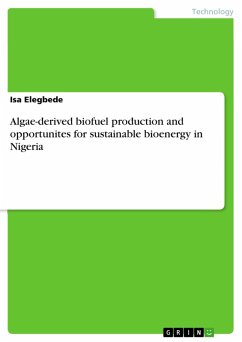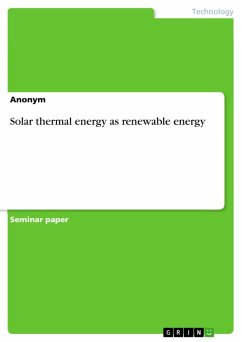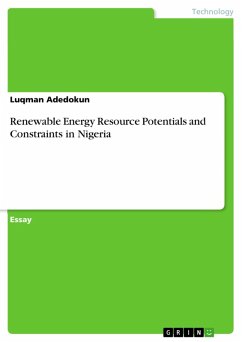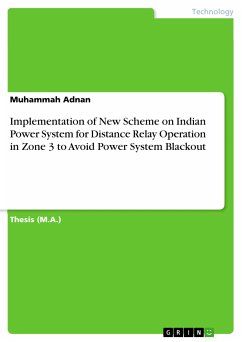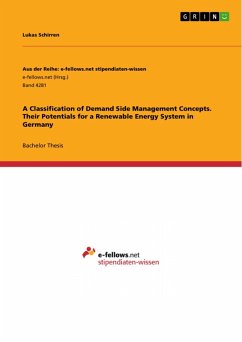Seminar paper from the year 2021 in the subject Energy Sciences, grade: 1,3, University of Cologne, language: English, abstract: This paper derives four major approaches from contemporary literature; furthermore, the difference in boundaries, and data requirement might indicate problems that should be subject to future researches. One of the biggest concerns of the contemporary generation is the so-called energy transition, i.e., the transitioning of the energy sector away from fossil fuels (FF) to more sustainable renewable energy (RE). In this regard, current discussions are surrounding the two main topics: firstly, whether and how such a transition can be economically profitable (or even feasible); and secondly, whether it would cause energy scarcity. Many scholars who concern themselves with the latter topic utilize the concept "Energy Return on Investment" (EROI) as a means to quantify the effect of the transition on the abundance of energy. Nevertheless, an EROI value on its own is hardly meaningful (except when it is smaller than 1:1, or higher than 50:1); scholars would be more interested in whether the EROI of RE has met or will meet a threshold value which would indicate its sufficiency to sustain the current economic growth and societal well-being, termed minimum EROI.
Dieser Download kann aus rechtlichen Gründen nur mit Rechnungsadresse in A, B, BG, CY, CZ, D, DK, EW, E, FIN, F, GR, HR, H, IRL, I, LT, L, LR, M, NL, PL, P, R, S, SLO, SK ausgeliefert werden.

